
The third National Social Protection Dialogue has taken place in Accra with a call to sustain the social intervention programmes for the deprived so that they could become independent.
In an address at the opening of the conference in Accra on Tuesday, the Minister for Gender, Children and Social Protection, Madam Otiko Afisah Djaba, noted that all over the world, many countries were finding more sustainable and inclusive ways of ensuring that their social protection interventions became a key tool to assisting the poor and vulnerable to escape poverty permanently.
Madam Djaba, who spoke on the theme: 'Promoting Productive Inclusion for Sustainable Economic Growth', said productive inclusion had become a necessary way of ensuring that beneficiaries of social protection interventions did not only receive handouts from government but also became empowered to actively participate in economic growth and development processes.
She disclosed that a pilot program, the Ghana Support for Rural Income Generation, targeted at poor persons and funded by the Japan Social Development, was rolled out in January 2015 and expected to end in May 2018, was part of government's effort to embark on productive inclusive initiatives, aimed at improving the incomes of extreme poor households in targeted districts.
The programme, she said, aimed to support the extremely poor households in targeted districts by supporting them to manage their farms and non-farm activities more productively and sustainably.
In a presentation, Dr Keetie Roelen, a Research Fellow and Co-Director for Social Protection at the Institute of Development Studies (IDS), United Kingdom, spoke on the different models of 'cash plus' programs from around the world, stating that there was the need to look at more linkages that would contribute to sustainability.
Dr Roelen indicated that 'cash plus' could work if there was political will, power and ownership, financial agreement or policy frameworks, awareness and engagement of all stakeholders, resources and information systems that supported case management.
She expressed the hope that with experiences from Bangladesh, Ethiopia and some other African countries, Ghana could completely eradicate poverty with linkages like skills training programs to support the social intervention programs currently available.
Currently, Ghana has five social intervention programmes aimed at supporting the extremely poor in society to alleviate poverty in the country.
The five interventions-- Livelihood Empowerment Against Poverty, School Feeding Program, Labour Intensive Public Works Program, National Health Insurance Scheme - Extreme category and the Education Capitation Grant-- are geared towards giving deprived people in society a new hope to life.
Source: ISD (Chantal Aidoo & Aliyah Bayali)
Read Full Story
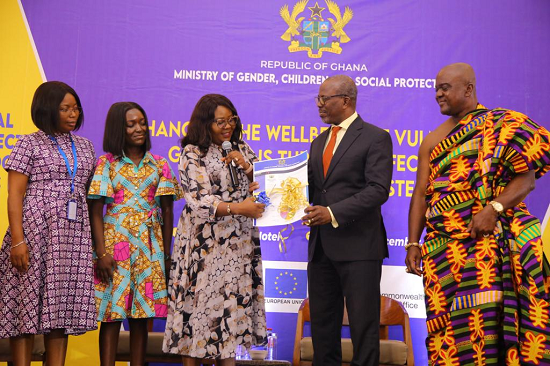
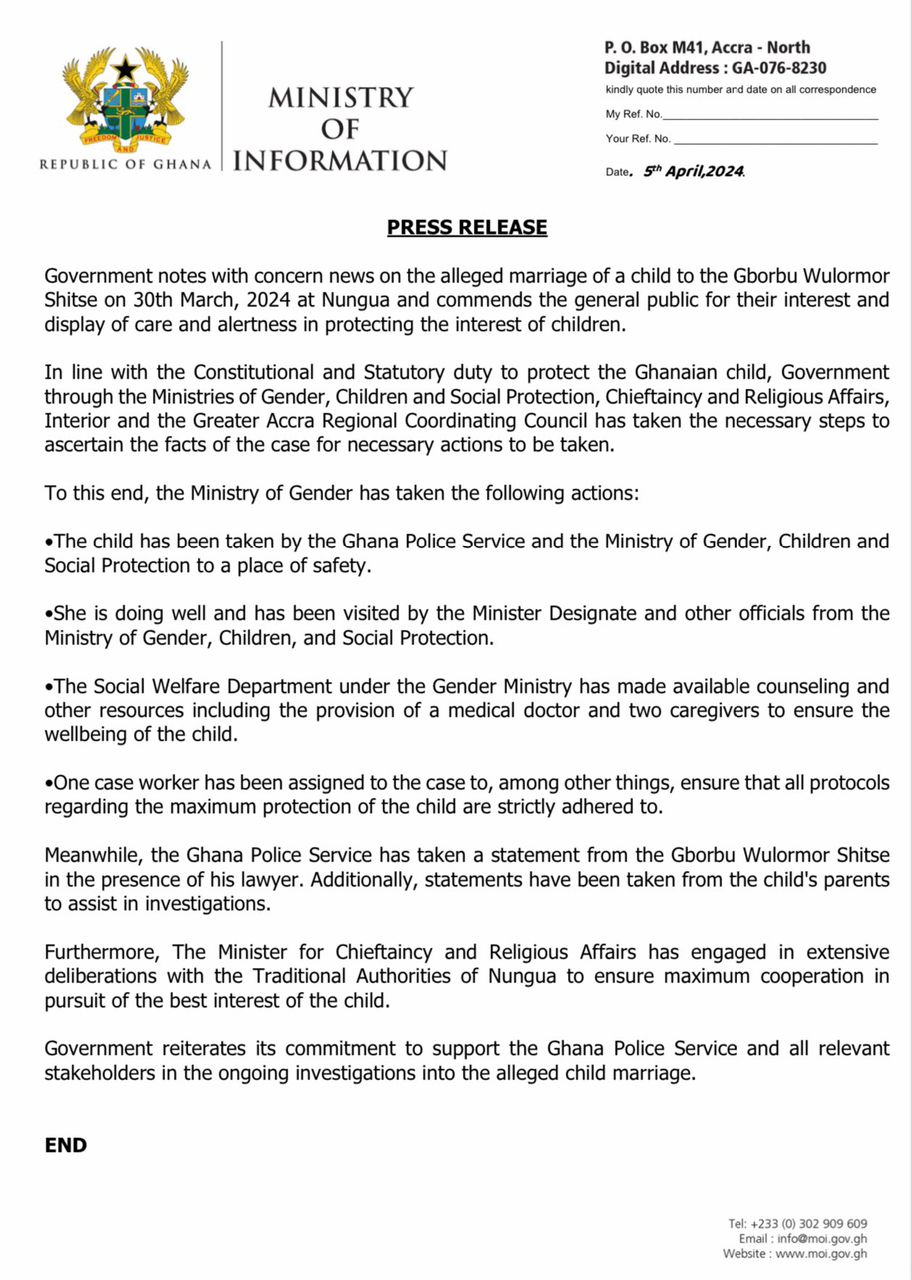
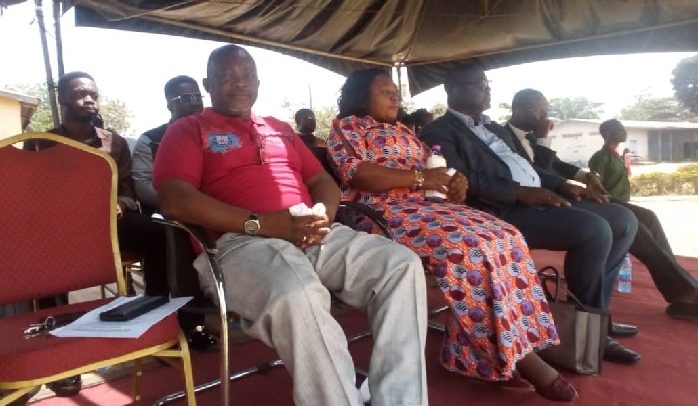
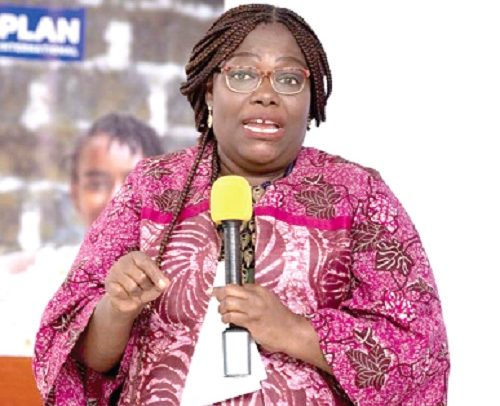
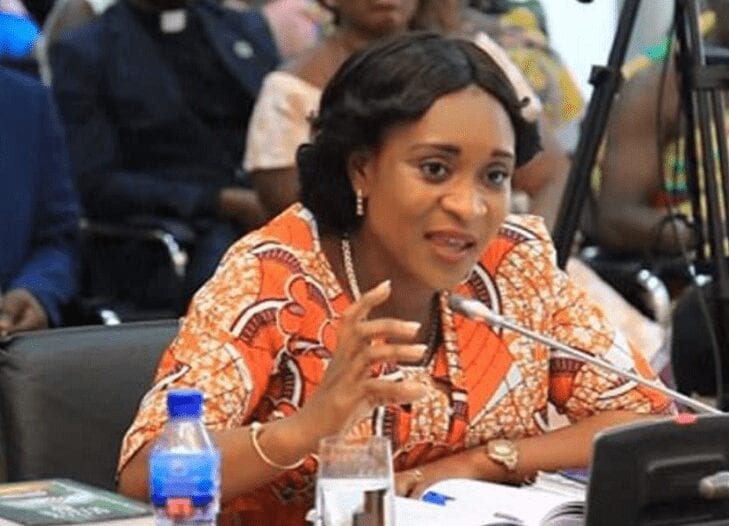



















Facebook
Twitter
Pinterest
Instagram
Google+
YouTube
LinkedIn
RSS